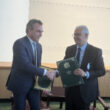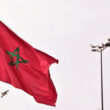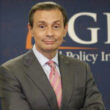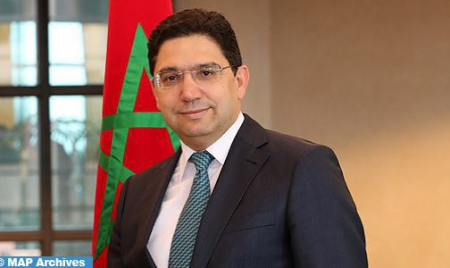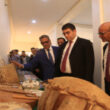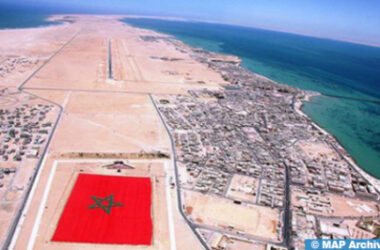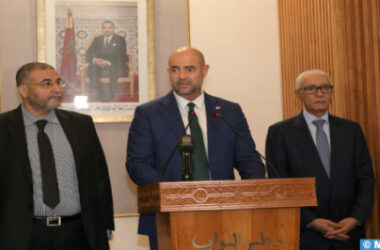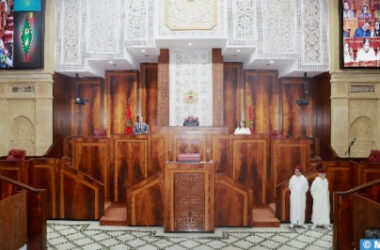Morocco will also be in total solidarity with this brotherly country and its people in the choices they will make, said Bourita who took part, by video conference, in the 1137th session of the ministerial meeting of the Peace and Security Council (PSC) of the African Union (AU), on the review of the situation in Sudan.
He also reaffirmed the Kingdom’s solidarity with brotherly Sudan and reiterated its unwavering support for its security and stability, as well as its national unity and territorial integrity.
Describing this meeting as an “event to support Sudan”, the Minister said that “we are not here to judge, we are here to help. It is an obvious fact, perhaps, but an important one to remember”.
This is a new and hopeful phase, which began with the signing of the “political framework Agreement” of December 5, 2022, and the commitment of the parties, since January 8, in talks for an orderly transition, he noted, adding that the political process is relaunched with, this time, real prospects for stabilization of democratic institutions.
Welcoming these important developments, Bourita paid tribute to all Sudanese stakeholders (incumbent leaders, political parties, unions and associations) for making this possible.
The minister also commended the efforts of the UN, AU, and IGAD (Intergovernmental Authority on Development), whose role is critical in facilitating a credible and inclusive political process, saying that continued trilateral engagement is crucial to preserving the December 5 agreement and helping Sudan overcome its political and economic challenges.
“It is now, when the goal is within reach, that the stakeholders are, more than ever, faced with their historic responsibility: that of taking the side of dialogue and of the supreme interest of the Nation”, he added, noting that “to be a certain qualitative step, the December 5 Agreement is neither an end in itself, nor the end of the road”.
In this regard, Bourita called on all parties to overcome the divisions and be prepared to make the necessary political compromises, noting that to be sustainable, the understandings should be inclusive in their content and their protagonists.
“The dismantling of the remnants of the past should be reflected in the consolidation of strong and independent democratic institutions, able to ensure transparency and accountability,” he stressed, saying that economic reforms are “the other leg” of the political process.
Sudan’s efforts to accelerate the adoption of a national economic recovery Plan should be accompanied by active support from the international community, Bourita said.
“The crisis in Sudan has gone on too long. Although much remains to be done, the direction taken by Sudan is promising,” he said, before concluding that there is real hope that this brotherly country will regain its stability in the long term as well as its place in the pan-African institutional family without further delay.


